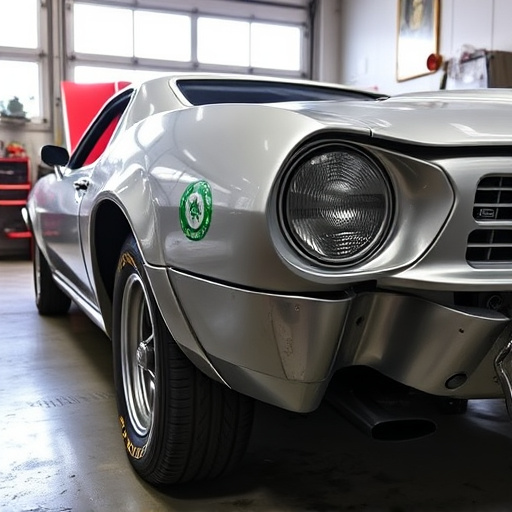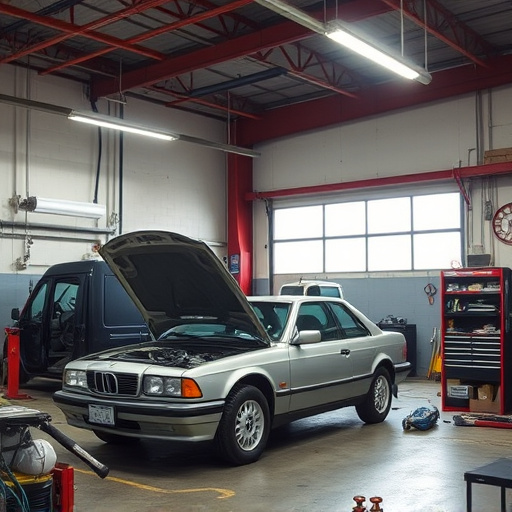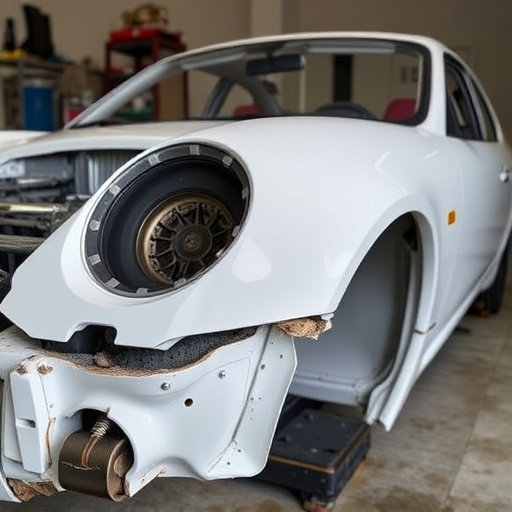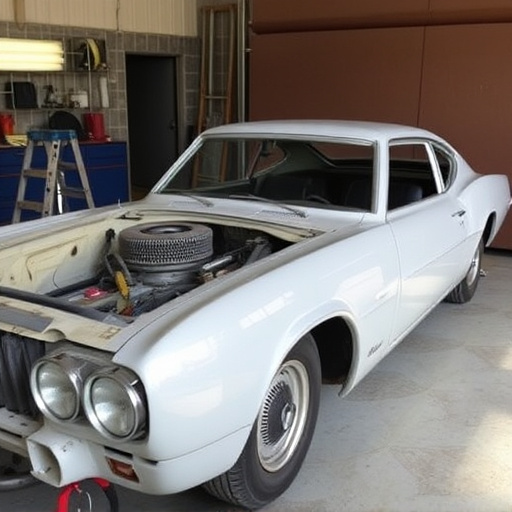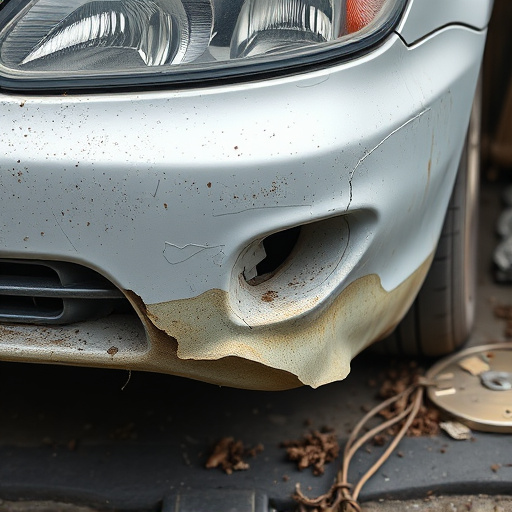The brake system collision check is a critical safety feature that constantly monitors braking components for optimal performance. Regular inspections identify issues early, preventing minor problems from turning into costly repairs or accidents. By addressing worn parts and leaks promptly, drivers enhance vehicle stability, reduce collision risk, and extend the lifespan of brakes and related structures. This proactive measure contributes to overall road safety, minimizing damage and insurance claims, while also benefiting environmental sustainability and traffic flow, especially in densely populated areas with older vehicle fleets.
The role of a brake system collision check cannot be overstated in modern vehicle safety. This critical procedure, often overlooked by drivers, plays a pivotal role in accident prevention. By simulating emergency braking scenarios, it uncovers potential issues that could lead to catastrophic collisions. Understanding this process and its effectiveness is crucial for every driver and vehicle owner. Regular checks ensure optimal brake performance, reducing the risk of accidents and enhancing road safety.
- Understanding Brake System Collision Check
- How Does it Prevent Accidents?
- The Impact and Benefits of Regular Checks
Understanding Brake System Collision Check

The brake system collision check is a critical safety feature designed to prevent accidents and protect lives on the road. This advanced system works by constantly monitoring the vehicle’s braking performance, ensuring that all components are functioning optimally. It checks for any potential issues or malfunctions in the brake pads, calipers, rotors, and fluid levels, providing early warnings to drivers. By identifying problems before they escalate, this check plays a pivotal role in enhancing road safety, especially during emergency stops.
This process is particularly essential in modern vehicles, where complex braking systems are increasingly common. A well-maintained brake system ensures that cars can stop effectively and consistently, reducing the risk of collisions caused by inadequate braking. Regular collision checks, often included in routine vehicle maintenance, allow drivers to address problems early on, preventing minor issues from turning into costly body shop services or even more severe accidents. It’s a proactive approach to collision repair, keeping both vehicles and their occupants safe.
How Does it Prevent Accidents?

The brake system collision check plays a pivotal role in accident prevention by ensuring that a vehicle’s braking mechanism functions optimally. This routine inspection detects potential issues within the brake system, such as worn-out pads, compromised rotors, or fluid leaks, which could lead to reduced stopping power or erratic braking behavior. By identifying these problems early, drivers can take prompt action to address them.
Through regular checks, drivers are empowered to maintain their vehicle’s safety features, thereby minimizing the risk of accidents caused by faulty brakes. Moreover, staying on top of brake maintenance enhances overall driving performance and contributes to a smoother, more controlled driving experience, even in demanding situations. This proactive approach to car care is a significant step towards ensuring both personal safety and reducing potential damage to vehicles, reflecting the importance of a well-maintained brake system collision check.
The Impact and Benefits of Regular Checks
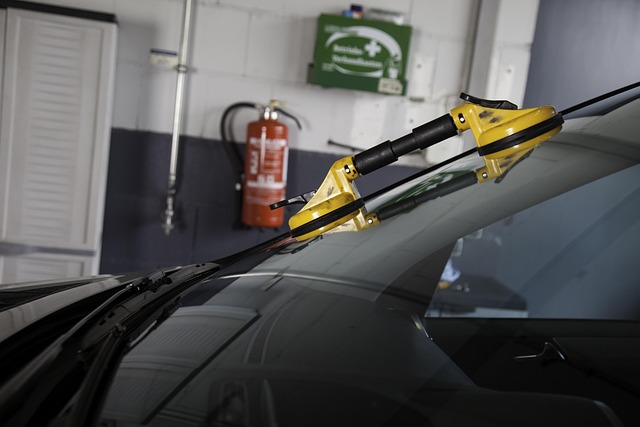
Regular brake system collision checks are essential for maintaining optimal vehicle safety and performance. These thorough inspections identify potential issues within the brake mechanism, enabling prompt repairs before they escalate into more serious problems. By addressing worn-out components or leaks early on, drivers can significantly reduce the risk of accidents caused by faulty brakes. This proactive approach not only enhances driving stability but also extends the lifespan of the car’s braking system and other related components, such as the car bodywork and auto body restoration.
The benefits extend beyond individual vehicles. Regular brake checks contribute to overall road safety, especially in communities with a high density of traffic or older vehicle fleets. Well-maintained brakes ensure that drivers can react swiftly during emergency situations, reducing the severity of collisions and minimizing the need for extensive vehicle paint repair after accidents. This, in turn, leads to lower insurance premiums and reduced environmental impact associated with damaged vehicles and increased traffic congestion.
The implementation of a regular brake system collision check is a proactive step towards accident prevention. By understanding how this system works and ensuring its optimal condition, drivers can significantly reduce the risk of collisions. Regular checks not only enhance safety but also contribute to the overall efficiency of vehicles, making roads safer for everyone. This simple yet powerful tool plays a vital role in mitigating potential hazards and fostering a culture of responsible driving.

